Quercia y Possi, Buenos Aires 1815-16
José Maria Quercia y Possi was an Italian immigrant who joined the Chilean Independence army. He set up a playing card factory in Argentina in 1815 known as "Fábrica de Buenos Aires".
José Maria Quercia y Possi, 1815-16
18 engraved playing cards by José Maria Quercia y Possi, Buenos Aires, 1815.
José Maria Quercia y Possi was an Italian immigrant who joined the Chilean Independence army. He fled to Buenos Aires after being defeated by Spanish forces in the Battle of Rancagua in 1814. Once he had re-settled in Buenos Aires, he set up a playing card factory known as "Fábrica de Buenos Aires" as shown on the ace of coins.
A document dated 2nd November 1816 states that the factory manager, Félipe Cardenas, filed a complaint regarding illegal imported playing cards which were damaging the business. These are likely to have been arriving from Italy and Spain. Shortly after this Quercia y Possi returned to Chile and no further information about the playing card factory is known.
Quercia y Possi was also a practising Freemason and this is alluded to on the four of cups.
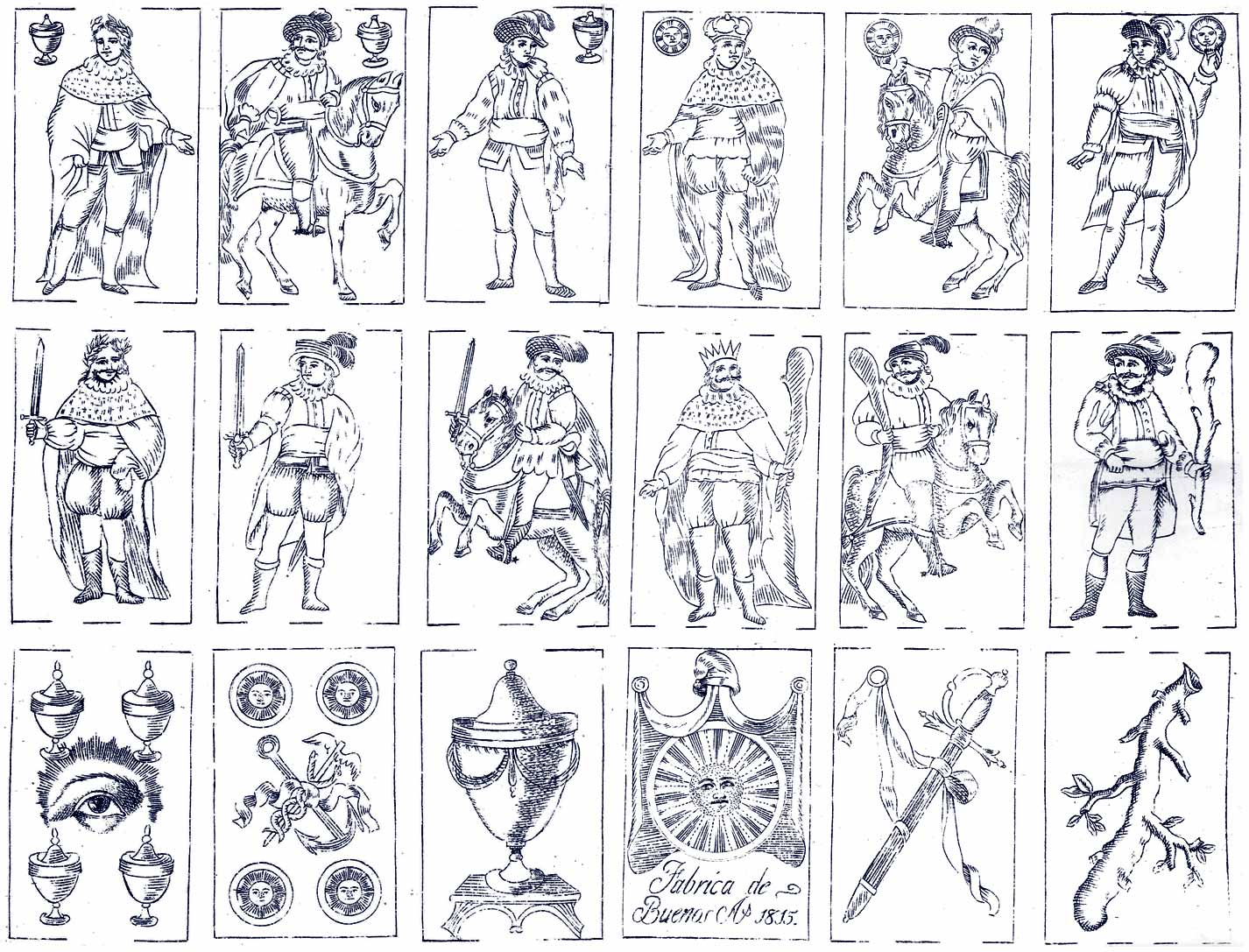
This uncoloured proof sheet is preserved in the Archivo General de la Nación (Buenos Aires). Each card measures 8.8 x 5.5 cms. The designs are based on an earlier model by Juan Francisco Maciá of Madrid, first published in around 1800, and subsequently by Juan José Maciá of Barcelona, in 1830, which was widely imitated in Spain and Italy during the19th century. More →
Thanks to Juan Carlos Recarey for help with historical information. Images from printed sheet held in the Archivo General de la Nación (Buenos Aires). A second companion sheet is believed to have existed but which is now missing from the archive.
By Simon Wintle
Spain • Member since February 01, 1996 • Contact
I am the founder of The World of Playing Cards (est. 1996), a website dedicated to the history, artistry and cultural significance of playing cards and tarot. Over the years I have researched various areas of the subject, acquired and traded collections and contributed as a committee member of the IPCS and graphics editor of The Playing-Card journal. Having lived in Chile, England, Wales, and now Spain, these experiences have shaped my work and passion for playing cards. Amongst my achievements is producing a limited-edition replica of a 17th-century English pack using woodblocks and stencils—a labour of love. Today, the World of Playing Cards is a global collaborative project, with my son Adam serving as the technical driving force behind its development. His innovative efforts have helped shape the site into the thriving hub it is today. You are warmly invited to become a contributor and share your enthusiasm.

Leave a Reply
Your Name
Just nowRelated Articles

Naipes Españoles “El Mexicano”
Standard Catalan-type deck, titled "El Mexicano", by an anonymous Argentinean manufacturer, c.1980s....
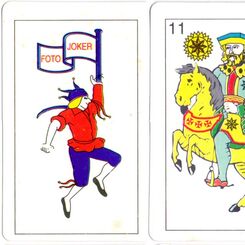
Foto Joker
'Foto Joker' Spanish playing cards for Matera Color Laboratory, 2008.
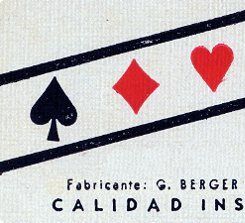
G. Berger, Buenos Aires, c.1935-50
Berger also produced a Hungarian-type "Seasons" pack with the brand name "La Estrella" and a six-poi...

La Española Classic
‘La Española Classic’ is a traditional ‘La Española’ Spanish-suited pack and is produced in several ...
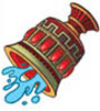
Dengue
Dengue prevention playing cards. Juego de 40 Naipes. Material para la prevención del Dengue, Ministe...

Naipes del Salitre
Playing cards recovered from the Northern Chile saltpetre workers. The cards are mostly from Spanish...
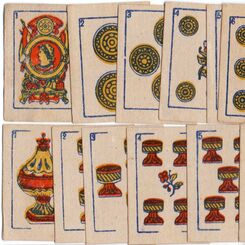
Miniature Playing Cards
Crudely printed miniature children's packs produced anonymously in c.1920-30.

Taller 4
Spanish-suited playing cards by TALLER 4, Buenos Aires, Argentina, c.2000.

Joker S.A.
Playing cards manufactured by Joker S.A.

Naipes La Española by Vigor S.R.L.
Naipes La Española Spanish-suited playing cards manufactured by Vigor S.R.L., Buenos Aires, c.1955-7...

F. X. Schmid (Argentina) S.A.
Spanish-suited playing cards by F. X. Schmid (Argentina) S.A.
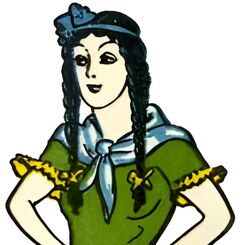
Argentinian Playing Cards - Naipes Argentinos
Playing cards were introduced to the Americas by Spanish explorers in the 16th century.

Naipes La Banca
Naipes La Banca, Argentina c.1970-85.

Imported Argentinean Playing Cards
There has been a number of importing agents, as well as manufacturers from other countries, who have...

List of Argentinian Playing Card Manufacturers
List of Argentinian Playing Card Manufacturers from the 19th and 20th centuries.
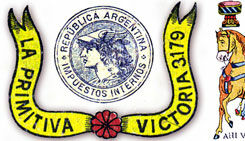
La Primitiva, Victoria 3179, Buenos Aires
La Primitiva, Victoria 3179, Buenos Aires c.1878-1920, manufacturers of paper and playing cards.
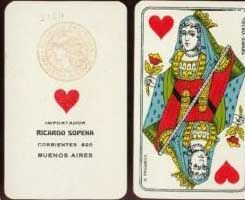
Ricardo Sopena
Argentina importing agent Ricardo Sopena, Corrientes 920, Buenos Aires

Native Indian Hand-made Cards made on rawhide
Native Indian hand-made cards made on rawhide.
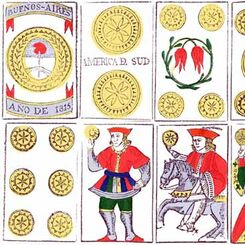
J. M. Gandarillas, Buenos Aires, c.1815
Playing cards believed to have been designed in 1815 by the Chilean immigrant Manuel José Gandarilla...

Naipe Español "VICTORIA ® by F. X. Schmid (Argentina) S.A.
Naipe Español "VICTORIA ® by F. X. Schmid (Argentina) S.A.
Most Popular
Our top articles from the past 60 days


 Your comment here. Your comment here. Your comment here. Your comment here. Your comment here. Your comment here. Your comment here. Your comment here. Your comment here. Your comment here. Your comment here. Your comment here. Your comment here. Your comment here. Your comment here. Your comment here. Your comment here. Your comment here. Your comment here. Your comment here. Your comment here. Your comment here. Your comment here. Your comment here. Your comment here. Your comment here. Your comment here. Your comment here. Your comment here. Your comment here. Your comment here. Your comment here.
Your comment here. Your comment here. Your comment here. Your comment here. Your comment here. Your comment here. Your comment here. Your comment here. Your comment here. Your comment here. Your comment here. Your comment here. Your comment here. Your comment here. Your comment here. Your comment here. Your comment here. Your comment here. Your comment here. Your comment here. Your comment here. Your comment here. Your comment here. Your comment here. Your comment here. Your comment here. Your comment here. Your comment here. Your comment here. Your comment here. Your comment here. Your comment here.




















